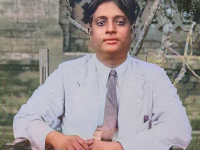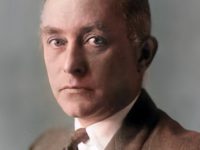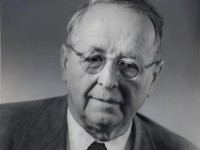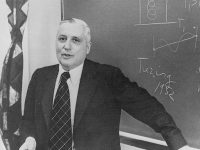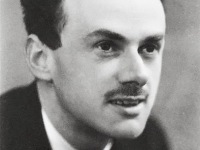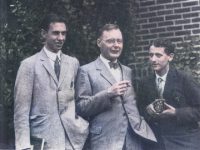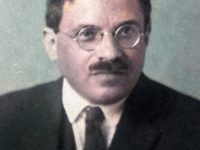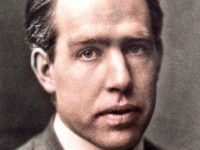Satyendra Nath Bose and the Einstein-Bose Statistics
On January 1, 1898, Bengali Indian physicist Satyendra Nath Bose was born. Specialising in mathematical physics, Bose is best known for his work on quantum mechanics in the early 1920s, providing the foundation for Bose–Einstein statistics and the theory of the Bose–Einstein condensate. The class of particles that obey Bose–Einstein statistics, bosons, was named after Bose by Paul Dirac. “You don’t know who he was? Half the particles in the universe obey…
Read more

